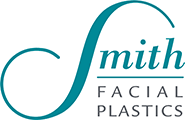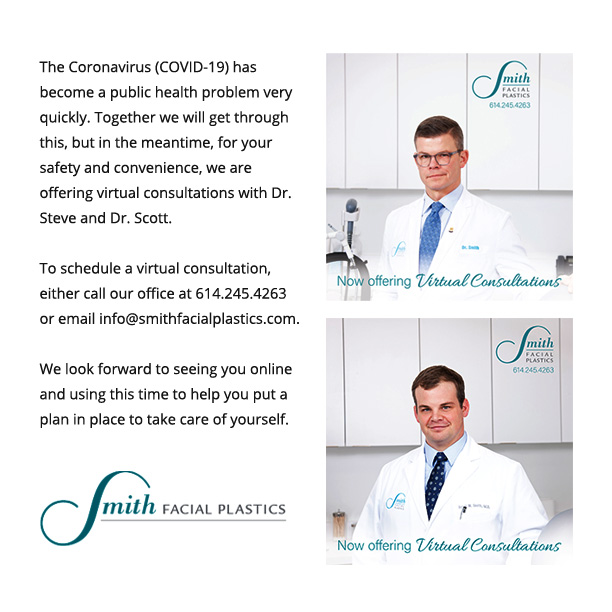Ways to Improve Your Rhinoplasty Results
Admittedly, there is no way to guarantee that you will be 100 percent happy with the results you get from rhinoplasty, or nasal surgery. While you can’t fully guarantee that you’ll be absolutely happy with your results, there are a number of things you can do to bring that number as close to 100 percent as possible. Who you work with, how healthy you are, and what you do after surgery all play a part in determining how your results turn out.
Choose Your Surgeon Carefully
One of the biggest factors when determining how successful your surgery is or not is the surgeon you decide to work with. Many surgeons will tell you that rhinoplasty is one of the most challenging surgeries to perform. The surgeon is making very fine adjustments to a very delicate part of the body.
When performed by untrained hands or by a person with limited experience, there’s a lot that can go wrong with the procedure. That’s why it’s so important to vet your surgeon before you decide to work with him. First things first, you want a surgeon who is a board certified facial plastic surgeon, as that means he has training and experience operating on the face and understands facial anatomy. Next, you want a surgeon has focuses on rhinoplasty and who performs the surgery on a weekly basis, preferable several times throughout the week.
But, don’t just take the surgeon’s word for it. Ask to see reviews from past rhinoplasty patients and to speak to former patients. You can also ask to look at before and after photos of other patients, to get an idea of how people looked when the surgery was over and their noses had healed.
Double Check Your Health
The second biggest factor that determines how successful your rhinoplasty is is how healthy you are before the procedure. The risk for complications from surgery increases when you have certain health issues, such as uncontrolled diabetes, high blood pressure, and liver problems. Certain habits, like smoking cigarettes or using other tobacco products, also increases your risk for complications or interferes with the healing process.
Before you consult with a facial plastic surgeon about rhinoplasty, it’s a good idea to meet with your primary care doctor and have him or her do a full medical exam. That way, if any issues do crop up, you’ll be able to come up with a plan for treating them before your surgery.
Make the Most of Your Consultation
Once you’ve found a surgeon who seems like a good bet and have double checked your health, it’s time to make a consultation to discuss the surgery itself. Your consultation is a chance for you to get to know the surgeon and for the surgeon to get to know you and for you both to see if rhinoplasty is a good option.
During your consultation, let the surgeon know what you are hoping to get from the procedure. It could be that you’re not happy with the size of your nose or that you wish your nose weren’t so crooked. If you have problems with your nose’s function, let the surgeon know that too. For example, you might have a deviated septum that interferes with your breathing. Although the goal of rhinoplasty is usually to correct the form of your nose, it can also correct how your nose functions, if needed.
The consultation is also a time for you to get to know the surgeon and to find out more about his experience, past patients and training. He will most likely ask you a number of questions about your nose, the surgery and what you hope to get out of it.
It’s important not to leave the consultation with any questions unanswered. If you have any concerns about the surgery, now is the time to tell the surgeon or to find out the answer to your questions.
When the consultation is over, you both should have a fair idea of whether or not you want to proceed with the surgery and what the next steps to take are.
Follow Directions
Once you’ve decided to go ahead with the surgery and have picked your surgeon, it’s important to follow any instructions or directions he gives you, no matter how trivial they might seem. For example, your surgeon will most likely tell you to avoid certain medications, among them aspirin, for a certain amount of time before the surgery and afterwards. Since aspirin thins the blood and increases your risk for bleeding, it’s important to take your surgeon’s advice seriously.
Not following directions after the rhinoplasty can impact how your results turn out. For example, if the surgeon says to avoid blowing your nose or to avoid any activities that can bump or injure it in the weeks after surgery, you’ll want to avoid those activities. It might seem like a waste of time, but following your surgeon’s advice to the letter will save you discomfort or problems with your nose in the end.
If you have additional questions about how to get the best result from rhinoplasty or how to best prepare for the surgery, Dr. StephenSmith, a fourth generation facial plastic surgeon in Ohio , can answer them. To schedule an appointment with Dr. Smith at one his practices in the state, call 614-245-4263.


